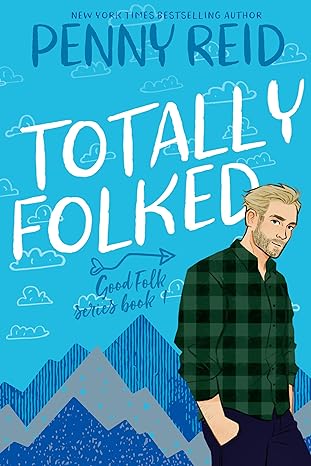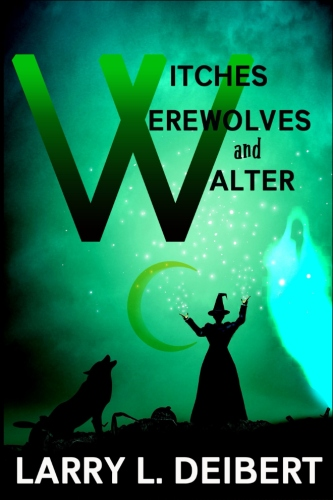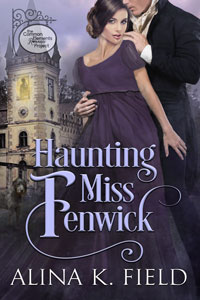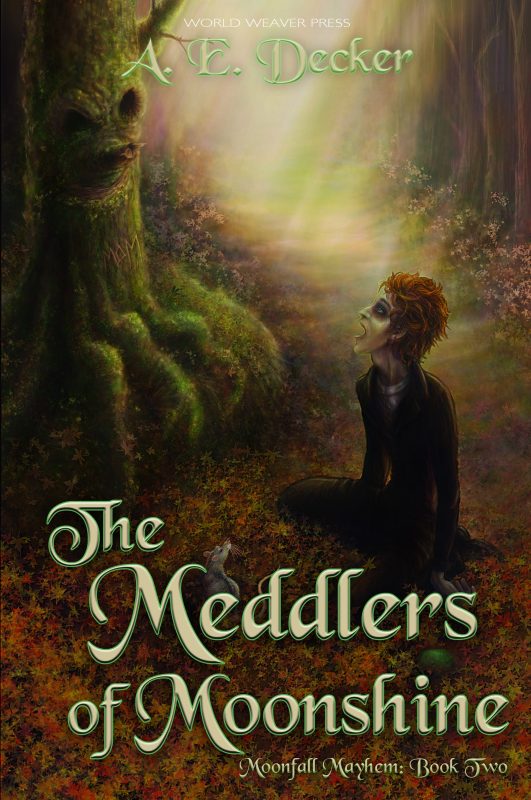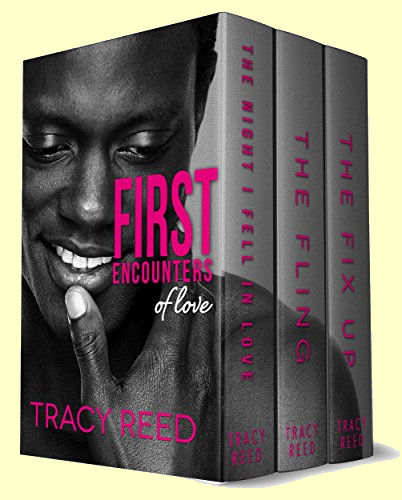PARTY TIME!!!!!!!!!!!
May 20, 2012 by A Slice of Orange in category ArchivesMona Karel, member at large
Yep, it’s time for the launch party for “Teach Me to Forget,” the second rose I received at the April meeting. Release was actually last Saturday, with Amazon jumping the gun by a couple of days. Since everyone I know was busy doing something else, I had a party by myself. Sort of.

I got a case of Black Opal wine.
My very prettiest wine goblet, and brought up Teach Me To Forget on the computer.
Didn’t actually open the wine, I’ll wait until some friends come over. But I did stage a wicked party, don’t you think???
“Teach Me To Forget” came from the first time we rented a motor home. Lying snuggled up in the top bunk, rain pattering on the roof just a few inches above our heads, was amazingly cozy and romantic. The story grew from that moment. Of course I made Jonathan and Bethany go through a long “getting to know you” span of time before they could really enjoy that bunk.
 An abused child-bride of a dissolute jet setter, Bethany Acton has come a long way. Now divorced and single, she writes for a lifestyles magazine, lives out of her motor home, and answers only to her boss—when he can find her. She has overcome her horrendous past and taken control of her own life. But when she meets Jonathan Merritt, a wildlife photographer, she learns that control is a tenuous thing.
An abused child-bride of a dissolute jet setter, Bethany Acton has come a long way. Now divorced and single, she writes for a lifestyles magazine, lives out of her motor home, and answers only to her boss—when he can find her. She has overcome her horrendous past and taken control of her own life. But when she meets Jonathan Merritt, a wildlife photographer, she learns that control is a tenuous thing.
What A Dog!
May 15, 2012 by A Slice of Orange in category Archives tagged as Animals, cats, Craft, dogs, horses, Pets, Rebecca Forster, thrillers, writing |
| My grand dog Tucker |
As an author and a reader I had to ask myself: Why is a book that includes animals richer, more entertaining, and more engaging than one without? The answer was simple: Animals bring out the best and the worst in a human character. This makes for great drama and provides an emotional touch point that is critical for an exciting read.
Max-the-Dog (his legal name) was originally created as a reflection of Josie, his mistress. Both had been abandoned, both had to fight for their lives, both were protective of others. But Max became so much more than Josie’s mirror as the series unfolded.
Here are four ways Max made a difference in the witness series:
HE ENHANCED HUMAN CHARACTERIZATION: Those who attack him were inherently more evil than a bad guy who ignored him. Those who love Max were more admirable because they cared for and protect him.
HE WAS AN ANIMATED SOUNDING BOARD: Internal dialogue can be tedious. Allow a character to speculate to an animal and the rhetorical questions or monologues sound natural.
HIS PRESENCE SET A TONE: A scene tone can be set by the way a human character speaks to or interacts with an animal counterpart. A whispered warning creates a much different tone than a screaming command; a languid pet conjures up different visions than a playful ruffling of fur.
HE HELPED MOVE THE PLOT FORWARD: An animal’s needs can put a human in a place they might not have been in. For instance, in Privileged Witness, Josie took Max out for his evening constitutional and ran into her fugitive client who was hiding outside. Without Max, Josie would have no reason to go outside and never would have discovered her client. An animal’s heightened senses can also assist a human to warn of danger or alert a human to a change in their surroundings.
From The Hound of the Baskervilles to Lassie and Blue Dog, My Friend Flicka and The Black Stallion, The Cheshire Cat and Puss-in-Boots, animals have frolicked as humans, served to reflect human frailties and strengths, and just plain worked their way into reader’s hearts because of who they are.
So, to the kind lady who was concerned about Max, have no fear. He will never come to a violent end. No matter what happens to him, his presence or lack thereof, will be a decision motivated by story and plot and, of course, love, because Max is as real to me as if he sat at my feet while I wrote my stories.
*Hostile Witness is free for all e-readers and is also available in print.
Spending Time with Mom
May 9, 2012 by Marianne H. Donley in category Archives tagged as Kitty BucholtzThings That Make Me Go Mmmruh!
May 8, 2012 by A Slice of Orange in category Things That Make Me Go Mmmrrh . . . by Geralyn Corcillo tagged as Birdsong, Castle, I Want to Marry Ryan Banks, Masterpiece, Remington Steele, romantic movies, Sherlock, Things That Make Me Go MmmruhI Like to Watch
by Geralyn Ruane
Take, for instance, ABC’s Castle, created by Andrew W. Marlowe. I hear romance writers refer to this Nathan Fillion treat pretty frequently. The show reminds me of one of my eighties favorites, Remington Steele, co-created by Robert Butler and Michael Gleason, with its by-the-book crime fighter and charming rascal of a sidekick motif. Despite Castle‘s silliness, or maybe because of it, the light cop drama keeps me hooked. So, don’t miss tonight’s Season Finale. As they do at the end of every season, the writers bring up Kate’s mother’s murder. But I’m really hoping that this year, Kate and Castle finally get together. And on screen, if you don’t mind! I cannot stand it when a show builds sexual and romantic tension all year or over several years, only to have the two characters finally unite during summer hiatus! (See The Office and the second time around for Doug and Carol on ER.)
For a more classic romance, Masterpiece Classic recently aired Birdsong, based on the novel by Sebastian Faulks and written for the screen by Sebastian Faulks and Abi Morgan. While in the trenches, a British soldier in World War I remembers his pre-war affair, and one day while on leave in a small town in France, he catches up with the life he left behind. What begins as a lush tale of romance juxtaposed with the heart-searing agony of warfare evolves into a profound story about life, death, love, camaraderie, and hope.
And if you are ever in the mood to “watch a contemporary romance novel,” one both delightful and satisfying, check out Chad Hodge’s I Want to Marry Ryan Banks, a television movie gem starring Jason Priestly, Emma Caulfield, and Bradley Cooper. A down to earth bookstore owner gets pushed into starring on a reality show that will determine which lucky contestant is to be the bride of gorgeous movie star Ryan Banks. The movie is light, romantic, sexy (but no sex), and fun, as our girl-next-door heroine finds answers and true love in the most unexpected places.
Watching romance delights me, inspires me, and makes me consider options.
What have you watched lately? And what does it do for you?
Writers and Events
May 6, 2012 by Linda O. Johnston in category Pets, Romance & Lots of Suspense by Linda O. Johnston tagged as Beaglemania, Berkley Prime Crime, Linda O. Johnston, Pet Rescue Mysteries, Read Humane For the moment, I have some time to breathe–and to write–before my next major conference, the Romance Writers of America National Conference. More minor events–well, they never stop. In fact, I’m looking forward to the Pasadena LitFest next weekend. Unfortunately it conflicts with the OCC meeting. It was rescheduled after being rained out (!) in March.
For the moment, I have some time to breathe–and to write–before my next major conference, the Romance Writers of America National Conference. More minor events–well, they never stop. In fact, I’m looking forward to the Pasadena LitFest next weekend. Unfortunately it conflicts with the OCC meeting. It was rescheduled after being rained out (!) in March.Affiliate Links
A Slice of Orange is an affiliate with some of the booksellers listed on this website, including Barnes & Nobel, Books A Million, iBooks, Kobo, and Smashwords. This means A Slice of Orange may earn a small advertising fee from sales made through the links used on this website. There are reminders of these affiliate links on the pages for individual books.
Search A Slice of Orange
Find a Column
Archives
Featured Books
HAUNTING MISS FENWICK
While he’s haunting Miss Fenwick, Miss Fenwick haunts him.
More info →MEDDLERS OF MOONSHINE
Something is rotten in the town of Widget, and Rags-n-Bones knows it's all his fault.
More info →
FIRST ENCOUNTERS OF LOVE
The FIRST ENCOUNTERS OF LOVE box set includes three stories of romantic firsts.
More info →Newsletter
Contributing Authors
Search A Slice of Orange
Find a Column
Archives
Authors in the Bookstore
- A. E. Decker
- A. J. Scudiere
- A.J. Sidransky
- Abby Collette
- Alanna Lucus
- Albert Marrin
- Alice Duncan
- Alina K. Field
- Alison Green Myers
- Andi Lawrencovna
- Andrew C Raiford
- Angela Pryce
- Aviva Vaughn
- Barbara Ankrum
- Bethlehem Writers Group, LLC
- Carol L. Wright
- Celeste Barclay
- Christina Alexandra
- Christopher D. Ochs
- Claire Davon
- Claire Naden
- Courtnee Turner Hoyle
- Courtney Annicchiarico
- D. Lieber
- Daniel V. Meier Jr.
- Debra Dixon
- Debra H. Goldstein
- Debra Holland
- Dee Ann Palmer
- Denise M. Colby
- Diane Benefiel
- Diane Sismour
- Dianna Sinovic
- DT Krippene
- E.B. Dawson
- Emilie Dallaire
- Emily Brightwell
- Emily PW Murphy
- Fae Rowen
- Faith L. Justice
- Frances Amati
- Geralyn Corcillo
- Glynnis Campbell
- Greg Jolley
- H. O. Charles
- Jaclyn Roché
- Jacqueline Diamond
- Janet Lynn and Will Zeilinger
- Jaya Mehta
- Jeannine Atkins
- Jeff Baird
- Jenna Barwin
- Jenne Kern
- Jennifer D. Bokal
- Jennifer Lyon
- Jerome W. McFadden
- Jill Piscitello
- Jina Bacarr
- Jo A. Hiestand
- Jodi Bogert
- Jolina Petersheim
- Jonathan Maberry
- Joy Allyson
- Judy Duarte
- Justin Murphy
- Justine Davis
- Kat Martin
- Kidd Wadsworth
- Kitty Bucholtz
- Kristy Tate
- Larry Deibert
- Larry Hamilton
- Laura Drake
- Laurie Stevens
- Leslie Knowles
- Li-Ying Lundquist
- Linda Carroll-Bradd
- Linda Lappin
- Linda McLaughlin
- Linda O. Johnston
- Lisa Preston
- Lolo Paige
- Loran Holt
- Lynette M. Burrows
- Lyssa Kay Adams
- Madeline Ash
- Margarita Engle
- Marguerite Quantaine
- Marianne H. Donley
- Mary Castillo
- Maureen Klovers
- Megan Haskell
- Melanie Waterbury
- Melisa Rivero
- Melissa Chambers
- Melodie Winawer
- Meriam Wilhelm
- Mikel J. Wilson
- Mindy Neff
- Monica McCabe
- Nancy Brashear
- Neetu Malik
- Nikki Prince
- Once Upon Anthologies
- Paula Gail Benson
- Penny Reid
- Peter J Barbour
- Priscilla Oliveras
- R. H. Kohno
- Rachel Hailey
- Ralph Hieb
- Ramcy Diek
- Ransom Stephens
- Rebecca Forster
- Renae Wrich
- Roxy Matthews
- Ryder Hunte Clancy
- Sally Paradysz
- Sheila Colón-Bagley
- Simone de Muñoz
- Sophie Barnes
- Susan Kaye Quinn
- Susan Lynn Meyer
- Susan Squires
- T. D. Fox
- Tara C. Allred
- Tara Lain
- Tari Lynn Jewett
- Terri Osburn
- Tracy Reed
- Vera Jane Cook
- Vicki Crum
- Writing Something Romantic
Affiliate Links
A Slice of Orange is an affiliate with some of the booksellers listed on this website, including Barnes & Nobel, Books A Million, iBooks, Kobo, and Smashwords. This means A Slice of Orange may earn a small advertising fee from sales made through the links used on this website. There are reminders of these affiliate links on the pages for individual books.



